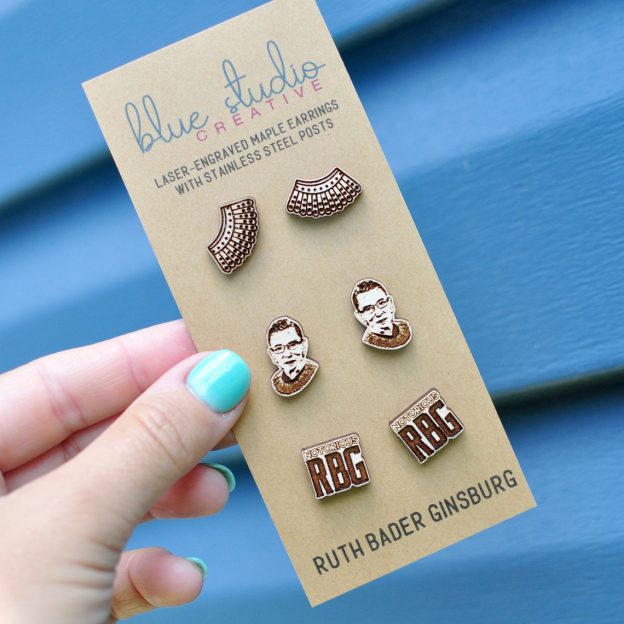About the stardom Ruth Bader Ginsburg, a quiet, reclusive and rather thoughtful jurist, achieved, the Economist writes:
AT THE TIME of her death, Ruth Bader Ginsburg featured on more than 3,000 pieces of memorabilia which were for sale on Amazon.com. Fans of “Notorious RBG” could buy earrings, mugs, babygrows, fitness manuals and Christmas decorations (“Merry Resistmas!”), all bearing her face.
something has gone wrong with America’s system of checks and balances. The United States is the only democracy in the world where judges enjoy such celebrity, or where their medical updates are a topic of national importance. This fascination is not healthy.The Supreme Court is not elected. Yet its power is ultimately founded on the trust and consent of Americans who believe that its decisions are impartial and grounded in law, not party. The more brazenly parties attempt to capture it as the choicest political prize, the less legitimate it will be. Imagine that a court judgment determines who wins November’s election. …
There is a better way. America is the only democracy where judges on the highest court have unlimited terms. In Germany constitutional-court judges sit for 12 years. If America had 18-year non-renewable terms, each four-year presidency would yield two new justices. It would end the spectacle of judges trying to game the ideology of their successor by choosing when they retire. And it would help make the court a bit less central to American politics—and thus more central to American law. Justice Ginsburg was a great jurist. A fitting tribute to this notorious judge would be to make her the court’s last superstar. ?
The problem is that the entire federal system is broken, in tatters. It’s now down to brute-force tactics, to winning. Bader Ginburg knew it. “In her dissents she sometimes appealed to Congress to correct the law.” She didn’t necessarily think it was SCOTUS’ role. (See: Obituary.)
At heart she was still what she had always been, a judicial minimalist. She was stunned by the lack of caution in the Roe v Wade ruling of 1973 that legalised abortion; though she certainly approved of the outcome, reform should have come through state legislatures, where it was slowly starting to appear. She was shocked too when the court, while upholding Obamacare, found it illegal under the commerce clause of the constitution; that had been Congress’s domain since the 1930s. In her dissents she sometimes appealed to Congress to correct the law and occasionally, to her delight, it did.
SEE: “How to make American judges less notorious: Supreme Court judges should be term-limited



 print
print
When my book came out, dozens of Alcoholics Anonymous members said that because I had challenged AA’s claim of a 75 percent success rate, I would hurt or even kill people by discouraging attendance at meetings. A few insisted that I must be an “alcoholic in denial.” But most of the people I heard from were desperate to tell me about their experiences in the American treatment industry. Amy Lee Coy, the author of the memoir